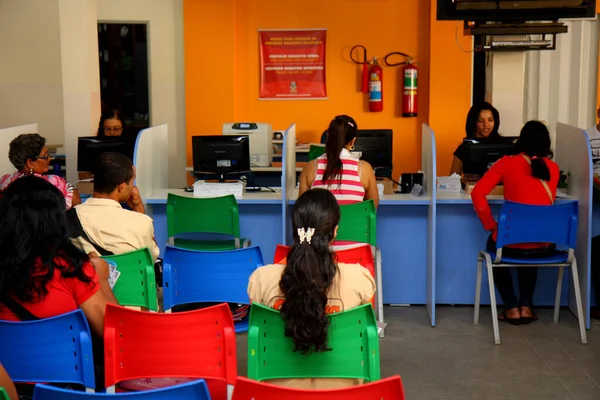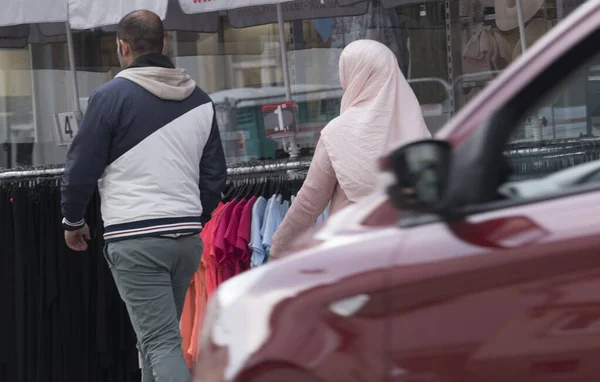
Can a society actually flourish when the social safety net of its civilization is starting to fray? From continent to continent, incremental rollbacks of social programs are reshaping political systems and not for the best. United Nations special rapporteur Olivier De Schutter warns that budget-austerity measures and social spending retrenchment are not a mere economic option; they’re a polarizing force for distrust and far-right party emergence.

1. The Relationship between Welfare Retrenchment and Far-Right Politics
De Schutter’s forthcoming report to the United Nations General Assembly draws a direct connection between budget cuts in welfare programs and the political rise of far-right parties from France’s National Rally to Germany’s Alternative für Deutschland. “Far-right populists mobilize an ever larger share of the electorate by combining anti-elite dispositions with an ‘us’ versus ‘them’ ethos,” he writes, continuing on to say that this rhetoric is most appealing to those concerned about cultural and economic displacement.

2. From Social Glue to Social Fracture
Once, universal welfare systems united various populations around a common objective. Today, they are divisive resources due to selective benefits and demanding eligibility conditions. Anti-immigration parties profit from the notion that outsiders are “taking” benefits, and austerity rhetoric places social protection in the position of being something foisted upon individuals rather than a collective good. De Schutter disagrees, declaring, “Welfare is not a luxury for a society, not something we can dispense with in times of crisis.”

3. Economic Insecurity as a Cause of Extremism
Studies in 14 European nations indicate that an increase in one point in income inequality is associated with one point more support for populist parties. The historical data validate the observation: more generous pensions, minimum wage regulations, and child allowances cut far-right voting. The data are decisive economic security blunts extremist appeal.

4. Inequality and Xenophobia: A Local Perspective
Evidence from Germany shows that the arrival of refugees since 2015 triggered more xenophobic hate crimes in low-inequality towns. The mechanism is straightforward: relative deprivation stemming from neighborhood inequality, heightened nationalism, and anti-immigrant grievance. Economic competition translates into cultural animosity in such a neighborhood, which serves as fertile ground for mobilization by the far right.

5. Historical Lessons in Universalism
The late 19th- and early 20th-century welfare states Bismarck’s Germany, France’s medical aid schemes, Britain’s early pensions were built on cross-class solidarity. Universalism assured middle-class membership, grounded societies, and stifled radical politics. Today’s targeted systems, by contrast, risk alienating middle-class backing, destabilizing political coalitions supporting robust welfare.

6. The Global Dimension of Welfare Retrenchment
European Union’s latest budget standoff is the best example of defense spending versus social investment. While stressing in calls to tax unearned wealth more, slashing healthcare and education to pay for defense could worsen inequality and embolden the far right, this fight against authoritarianism is half-economic, half-political.

7. Redefining Welfare as Investment
De Schutter calls for a change in storytelling: “Social protection is not just a cost, it’s an investment.” Fact indicates that investments in poor families yield long-term prosperity in improved health, education, and civic engagement. This is a strategy that refutes austerity rhetoric and solidifies welfare’s function in creating social capital.

8. Policy Pathways to Restore Cohesion
A combination of universal and specific schemes, backed by enhancements in how they are delivered, can help rebuild confidence. Increasing coverage to cover workers in the informal sector, incorporating conditional cash transfers to mitigate public mistrust, and the use of technology to minimize administrative expenditure are realisable steps. Not only do they make the system more efficient, but by default, they restore the idea of welfare as a collective social good.

9. The Price of Doing Nothing
Watching over social cleavages shaped through welfare retrenchment can cement far-right hegemony. As De Schutter cautions, “Let us not, in the name of good management of public finance, let society run amok and disintegrate itself into a series of groups competing for scarce resources.” There is great risk: in the absence of fresh commitment to universal social protection, the ethos hitherto ensuring democratic stability can evaporate.
Social solidarity must be rebuilt on more than economic redistribution alone it must be actively reaffirmed by the universalist values that previously held societies together. In this way, countries can beat back fragmentation and set the ground for a more cohesive, resilient future.


